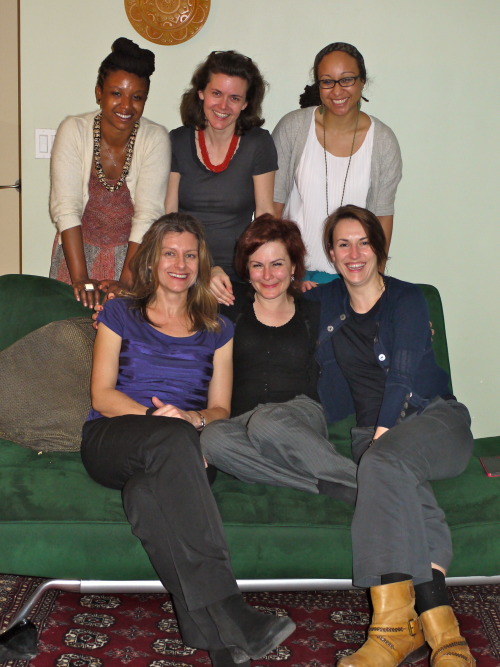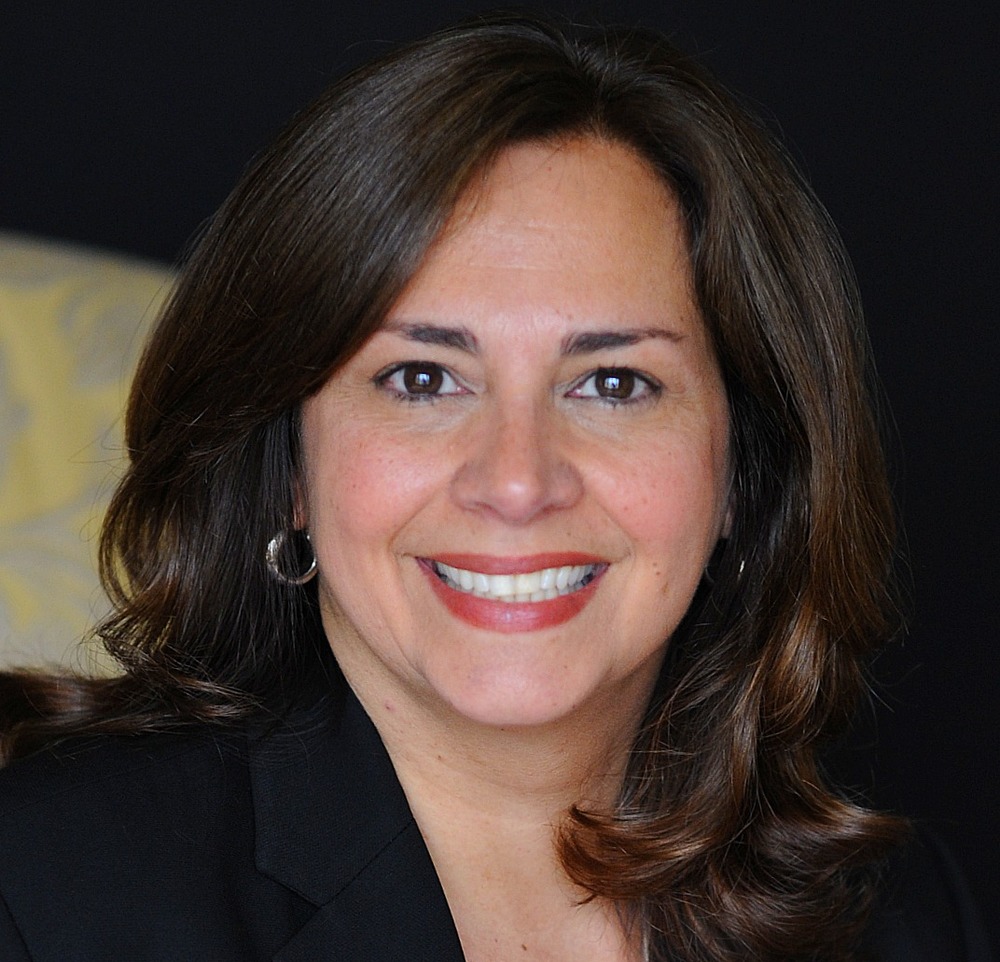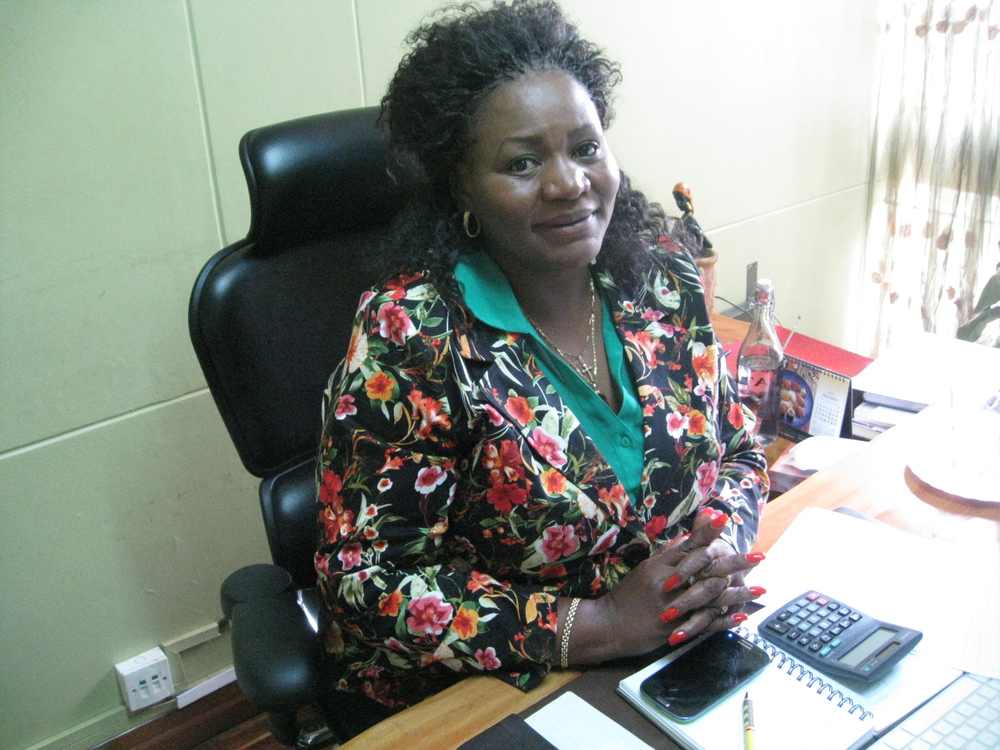Episode 17: Female in Silicon Valley
/April 29, 2013

"In this one particular conversation I had with an angel investor...he responded, ‘Well, I don’t want to say the wrong thing and call you a meek Asian woman, but I wonder how you will lead a group of about 100 people?’" - Elizabeth Yin, co-founder, LaunchBit
Raising money for a startup is a tough proposition for any entrepreneur. Elizabeth Yin (left) and her co-founder set out more than a year ago to raise a first round of funding for their company, LaunchBit. Along the way, they became more conscious of their gender than they'd ever been before. 18 minutes.
In part two of the show, we meet Janne Sigurdsson (above), an Icelandic director at Alcoa, the mining company, who talks about how much work her employer has done to make the firm more appealing to women. Smelters aren't known for their allure, but Alcoa upped its female workforce by more than three percent during the recession.
And we meet a couple of executives from Coca-Cola, who explain what the beverage behemoth is doing to make life better for women inside and outside the company.
Show notes: Elizabeth Yin wrote this piece for Women 2.0 about her funding experiences, which prompted me to interview her for the show. This piece from The Verge is also very revealing about just how hard it can be for women business owners to get male investors to take their ideas seriously.
You can read more about Catalyst's honoring of Alcoa here and Coca-Cola here. Oxfam's Behind the Brands report came out in February.
Sponsorship notices: Do take advantage of Audible's and Squarespace's offers! You can get a free audio book and a 30-day Audible trial by going to Audiblepodcast.com/broad. As I said in the show, Bossypants really is great. For the Squarespace offer go to to Squarespace.com/broad and use the code 'broad4' if you decide to sign up - it'll get you a 10% discount. I built this site using Squarespace 5 - but they're now on 6, which looks even better.




